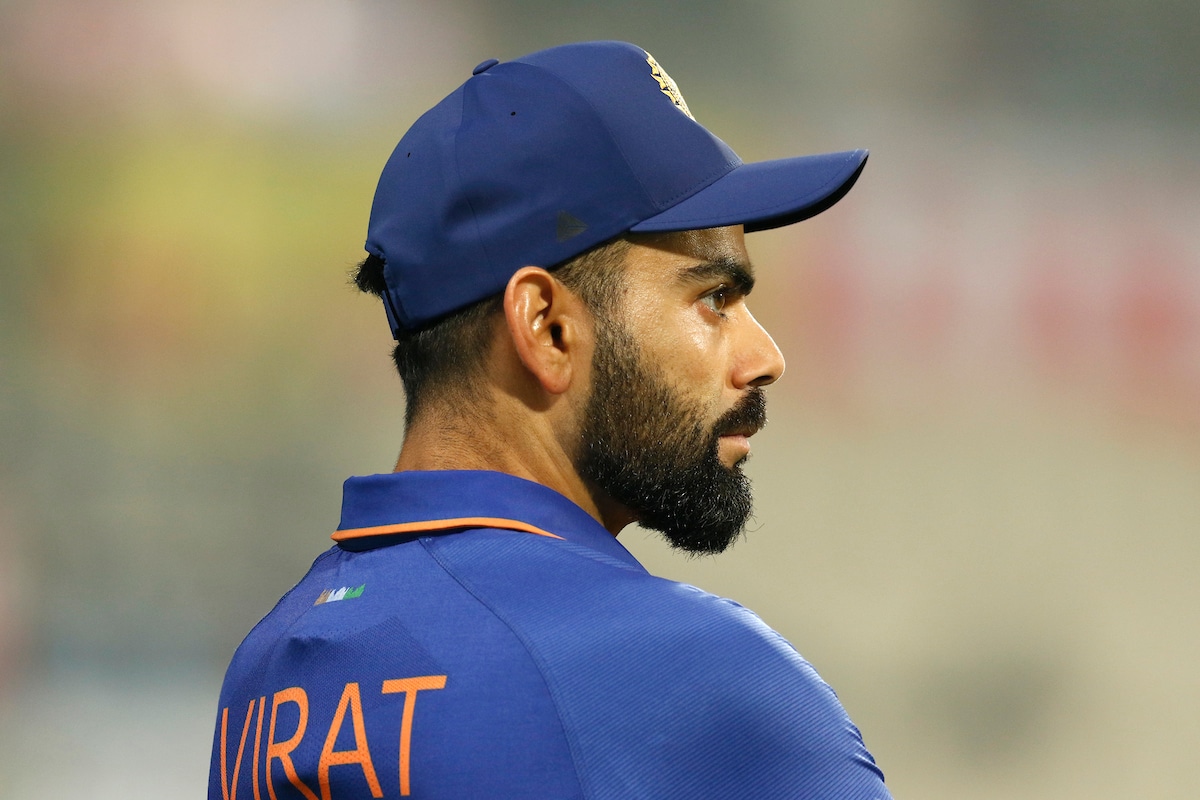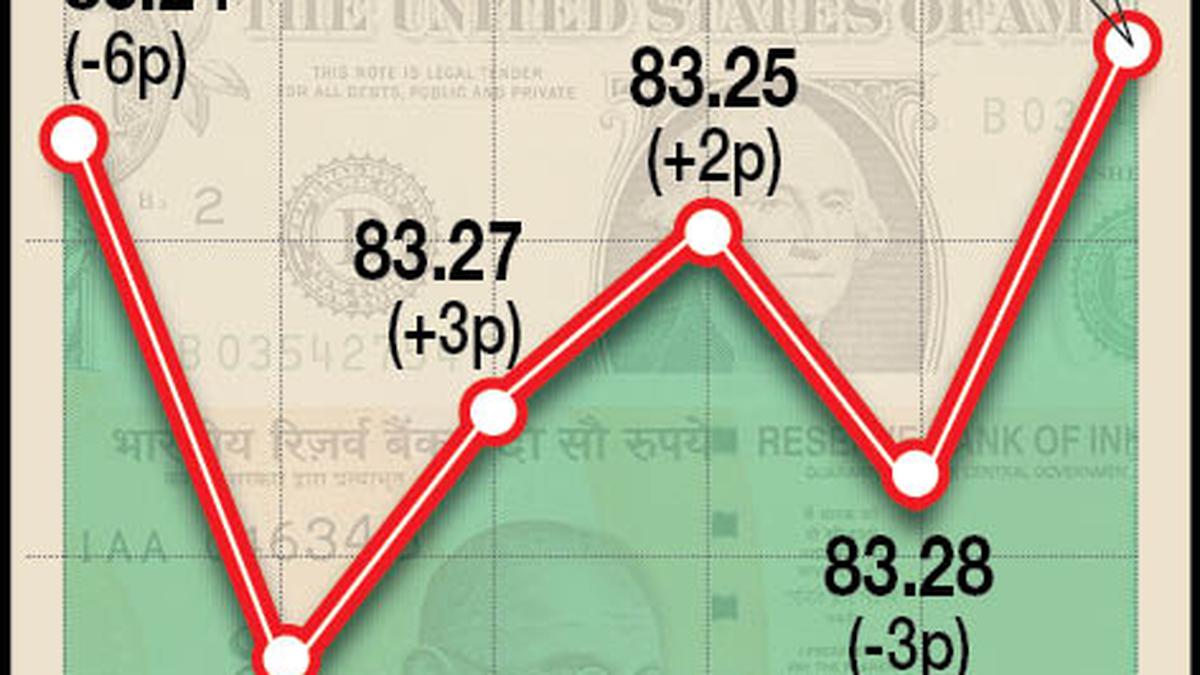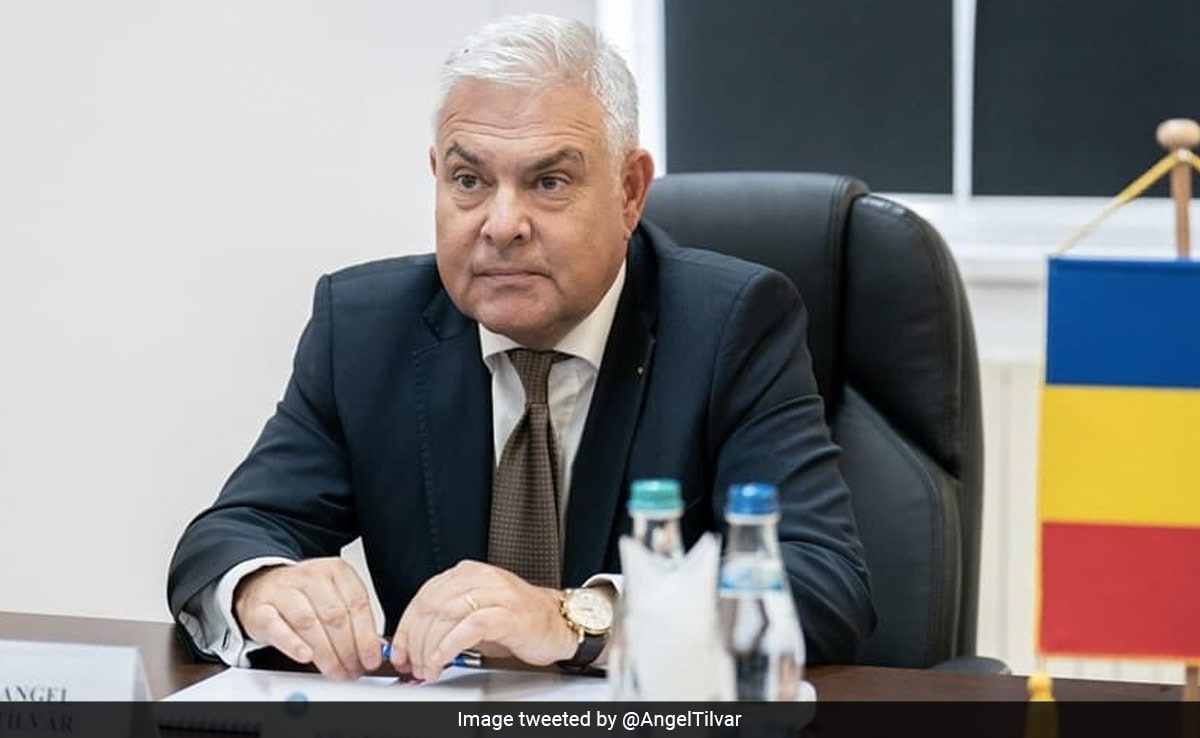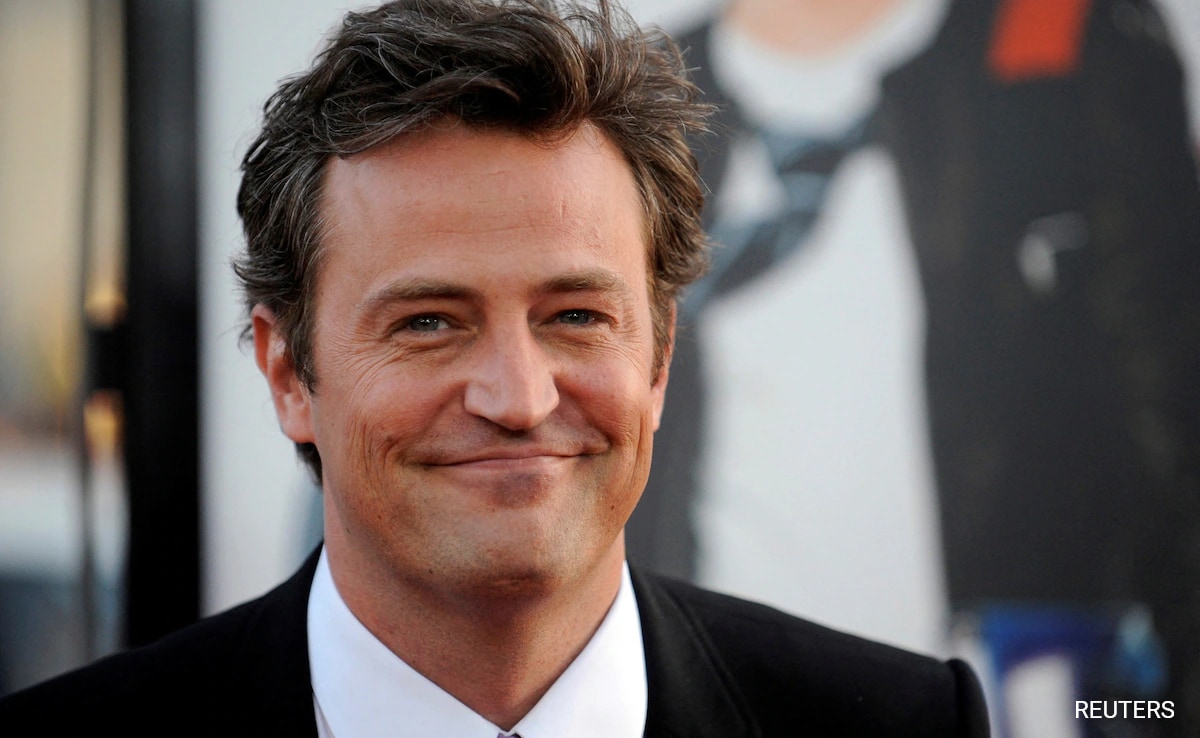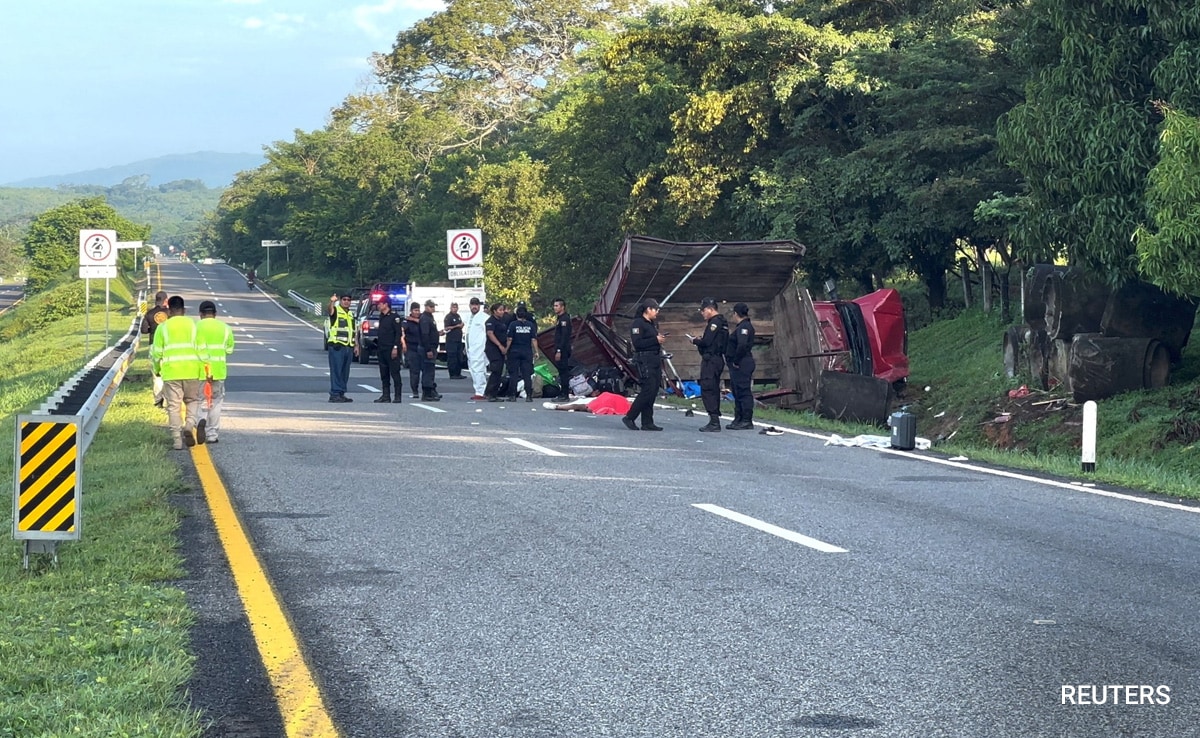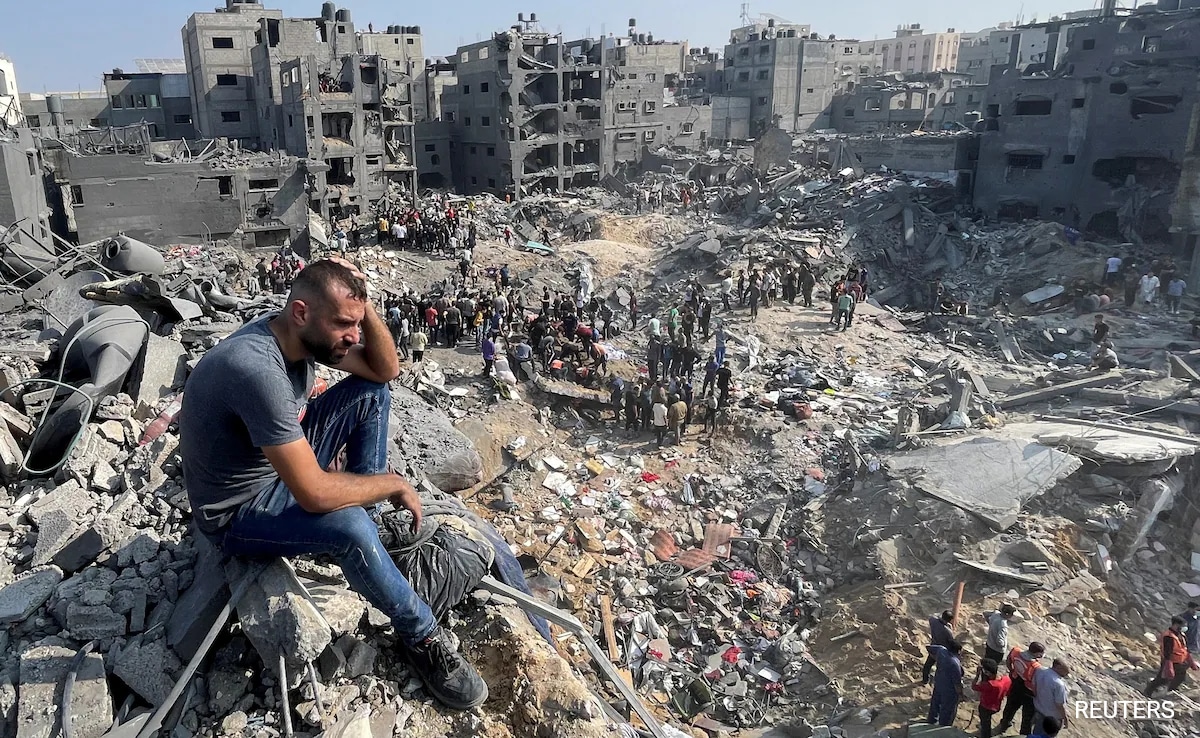Leader of Britain’s Labour Party Keir Starmer. File
| Photo Credit: Reuters
The U.K. Labour Party’s leader Keir Starmer stuck to his guns on October 31, as he reiterated his opposition to an immediate ceasefire in the Israel -Gaza conflict. Mr Starmer , who heads a party divided on its response to the crisis, stressed the need for a “humanitarian pause” so aid can continue to reach Gaza.
Speaking at Chatham House, Mr Starmer said that a ceasefire “always freezes any conflict in the state where it currently lies” and would give Hamas the capability to strike Israel again, as it had on October 7, and would enable the militant group to continue to hold hostages. The group had captured 229 individuals in Israel – including foreigners, during its raid.
Though he did not back a ceasefire, Mr Starmer, however, called for a “humanitarian” pause in the fighting , starting immediately, to enable aid to reach Palestinians in Gaza. He also added that political engagement towards a resolution should begin now.
Several frontbench Labour MPs and leaders, including London’s mayor, Sadiq Khan, and Scottish Labour’s leader Anas Sarwar have not toed the party line, calling instead for an immediate ceasefire. A total of 50 Labour MPs and 250 councillors have backed a ceasefire, according to a BBC report.
Several of Mr Starmer’s colleagues had also criticized his comments from an October 11 interview, where he appeared to back Israel cutting off water and power to Gaza.
On Tuesday, however, Mr Starmer stressed that Israel must abide by the rules of war.
“The right to self-defence is fundamental. But it’s not a blank check,” he said, referring to Israel’s retaliation on Gaza for Hamas’s October 7 attack. He clarified that water, medicines, electricity and fuel to civilians in Gaza must not be blocked by Israel. Gaza has been pounded by airstrikes and a ground assault by Israel, with thousands dead. Some 800,000 Gaza residents had fled south, the Associated Press reported.
Palestinians displaced by the war must be given “crystal clear” guarantees for their ability to return quickly he added.
Mr Starmer reiterated his support for the two-state solution, saying Palestinians needed to see determination from Arab states, the West and Israel towards this.
“The Palestinian claim to statehood is not in the gift of a neighbor. It is inalienable right of the Palestinian people,” he said, adding that Palestine would need to be freed from Hamas and terror and Israel would need security guarantees.






